Results
-
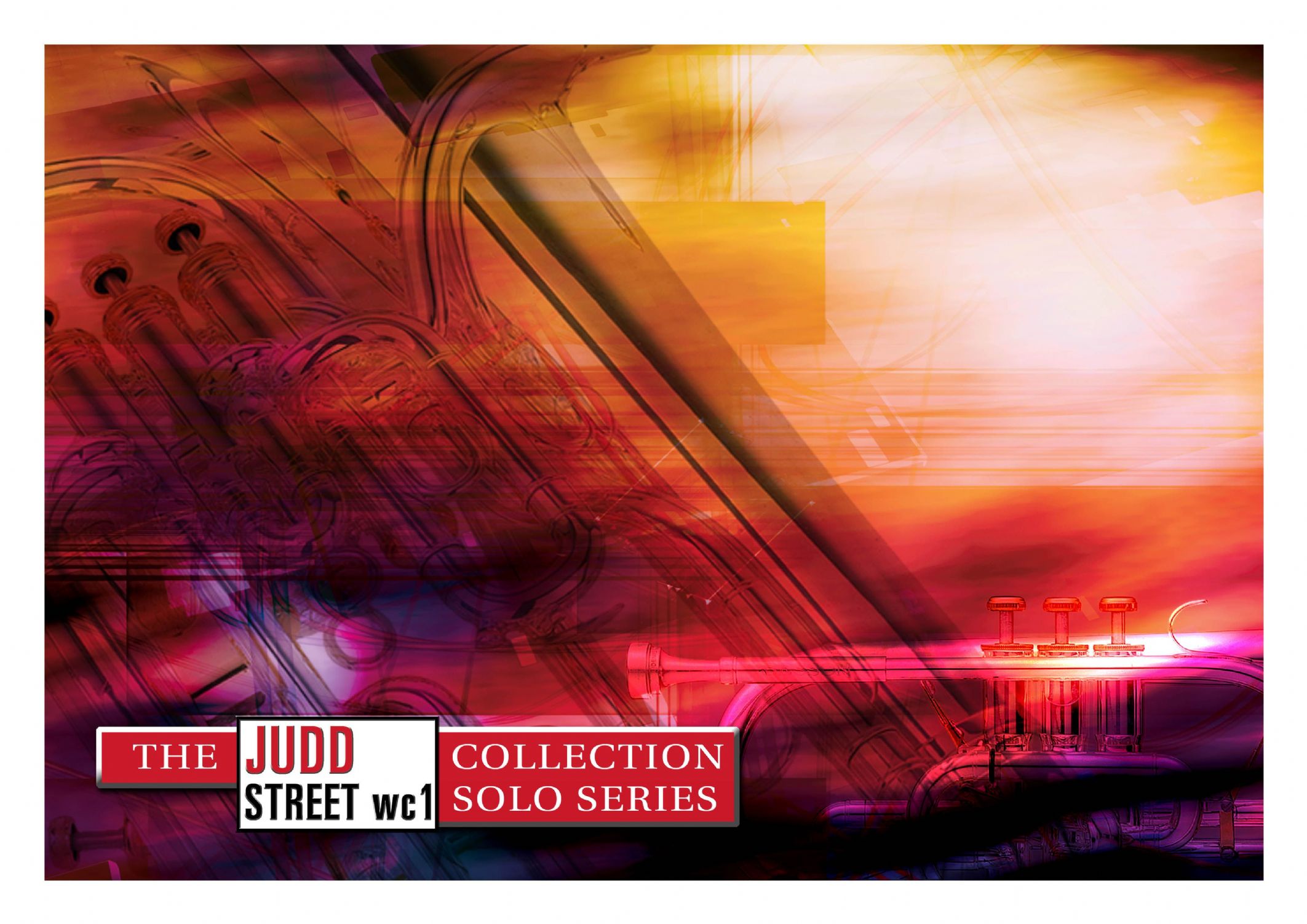 £24.95
£24.95Judd: Now is the Hour
This romantic Maori song of farewell was arranged as a cornet solo for David Daws. Within The Salvation Army, the words 'Search me, O God, and know my heart today' are now associated with this beautiful tune.
Estimated dispatch 7-14 working days
-
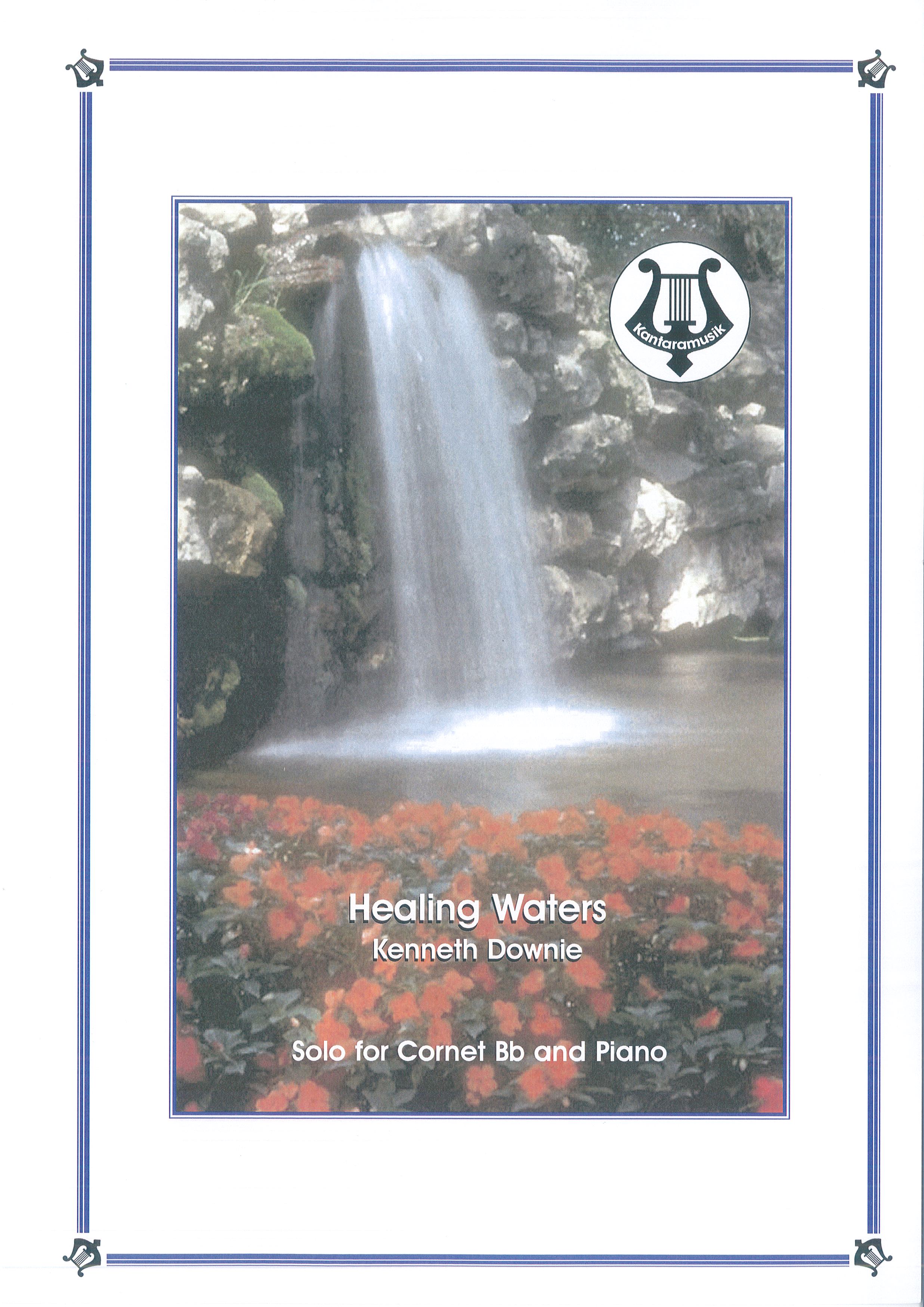 £14.95
£14.95Healing Waters (Cornet and Piano)
This is an original, poignant setting by Kenneth Downie of words by Albert Osborn, the 6th General of The Salvation Army. The words of the chorus are perhaps better known than the verses; 'From a hill I know, Healing waters flow, O rise Immanuel's tide, And my soul overflow!'
Estimated dispatch 7-14 working days
-
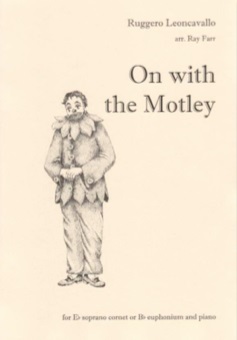 £7.95
£7.95On with the Motley (Soprano Cornet Solo)
This famous aria, from the Opera Pagliacci, is popular all over the world and sits perfectly on brass instruments.Supplied with parts for soloist in E-flat or B-flat treble clef
Estimated dispatch 7-14 working days
-
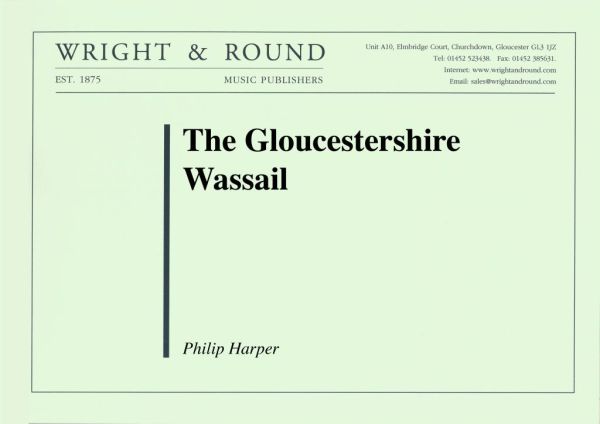 £33.00
£33.00The Gloucestershire Wassail (Score and Parts)
A superb, choreographed opener to a concert. In traditional wassail fashion small groups of musicians play in various part of the hall eventually congregating as a full band on stage in a magnificent finale. Playable by most levels of bands with competent cornet sections.
Estimated dispatch 7-14 working days
-
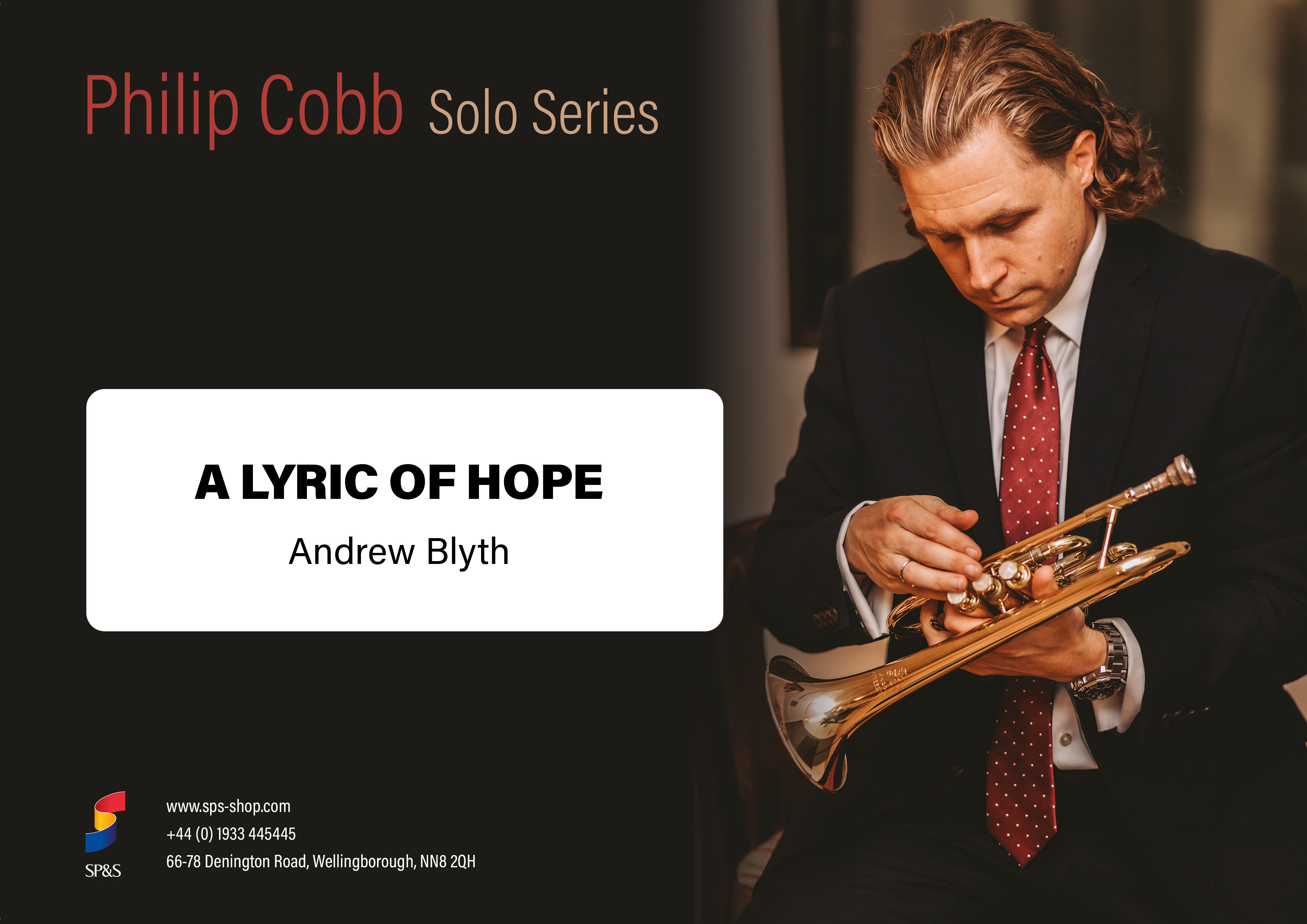 £29.95
£29.95A Lyric of Hope (Cornet Solo with Brass Band - Score and Parts)
A Lyric of Hope in not based on a set of song words, but directly from scripture. The composer wrote this original work especially for Philip Cobb.Duration: 4.30
Estimated dispatch 7-14 working days
-
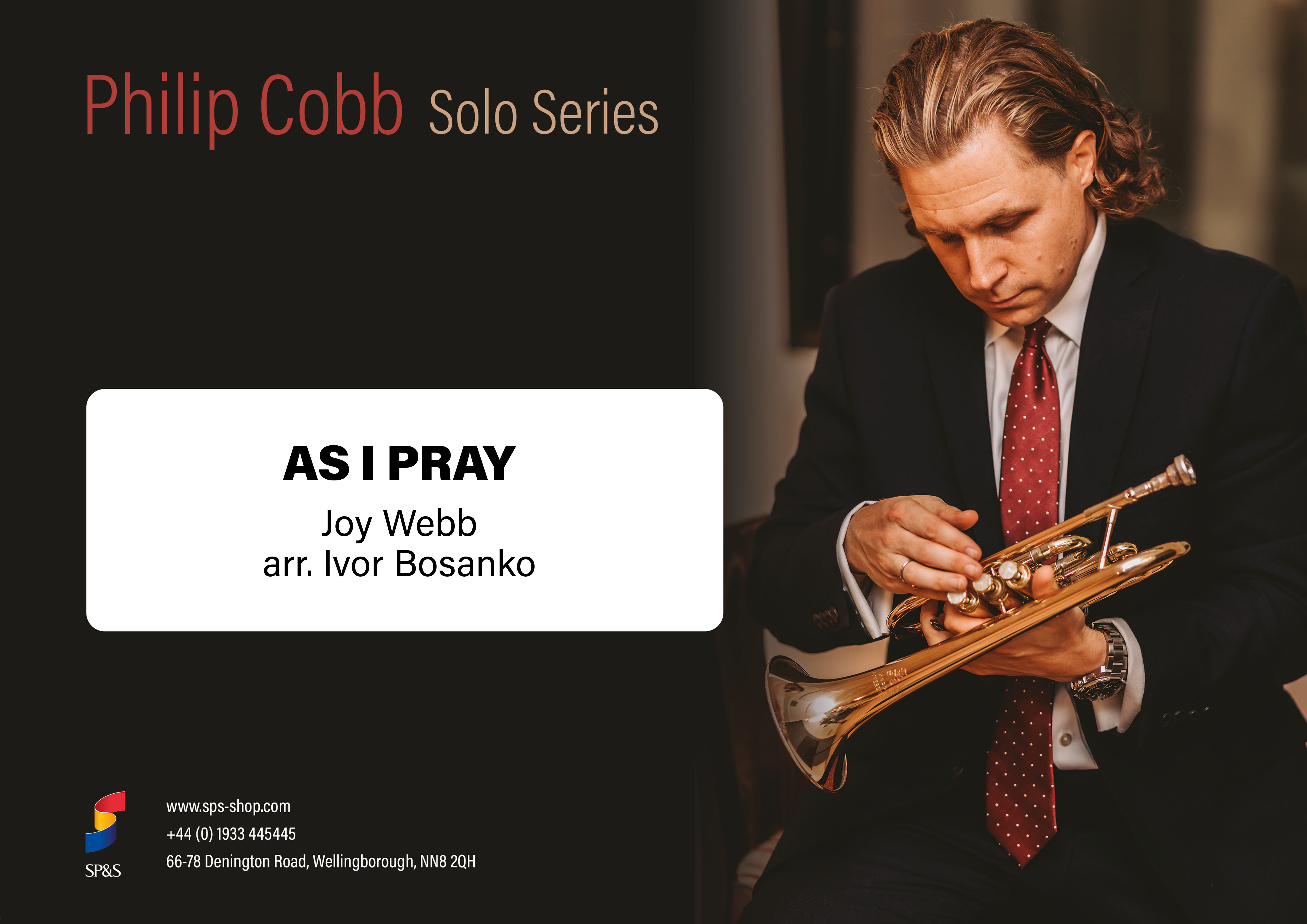 £29.95
£29.95As I Pray (Cornet Solo with Brass Band - Score and Parts)
Joy Webb composed many Christian songs that continue to resonate with people today. As I Pray was originally written as a vocal solo and speaks of the constant need to communicate with God.Duration: 3.00
Estimated dispatch 7-14 working days
-
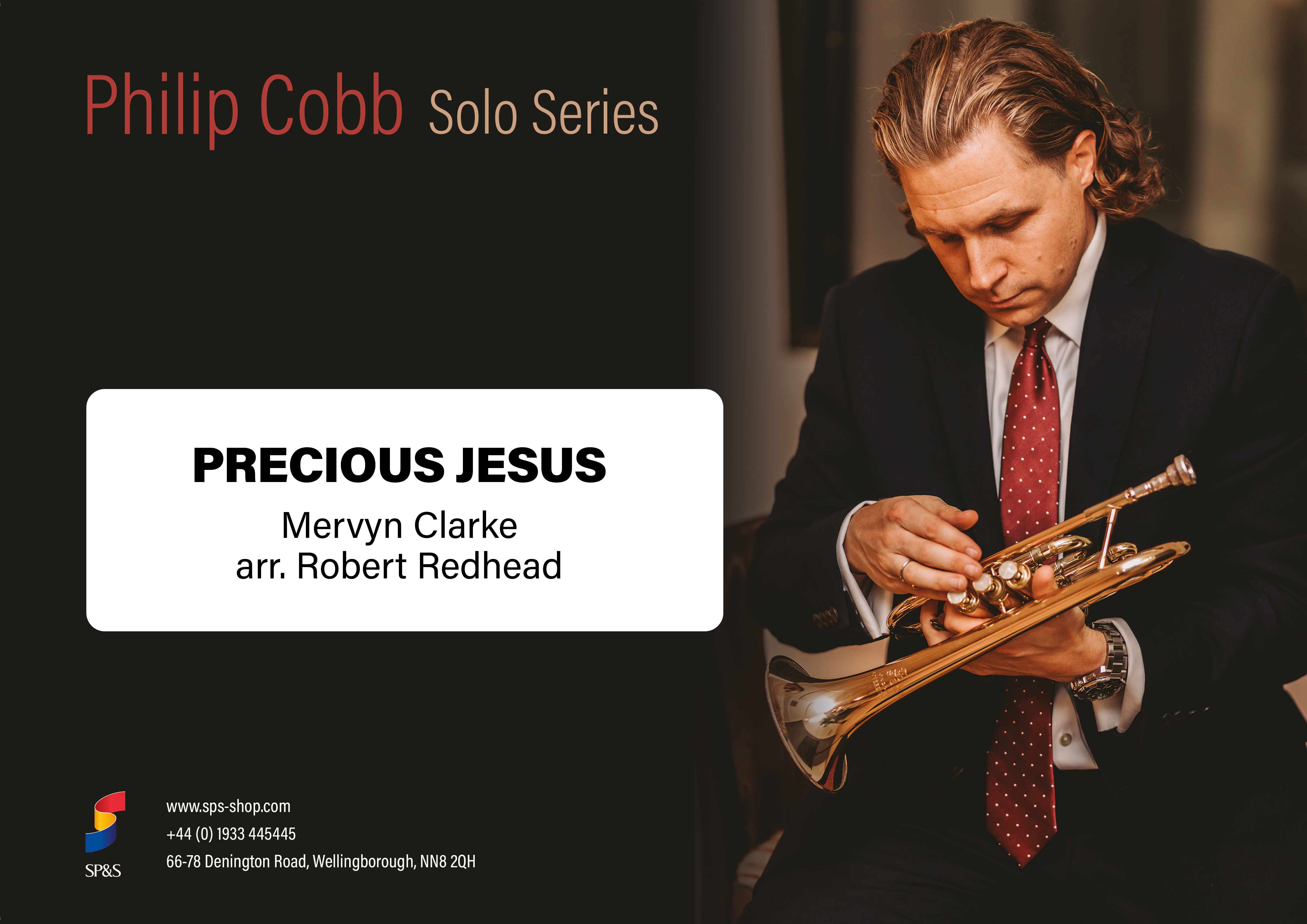 £29.95
£29.95Precious Jesus (Cornet Solo with Brass Band - Score and Parts)
Mervyn Clarke composed this musical setting, Precious Jesus, of words by Francis Bottome. The fresh musical interpretation and strong attractive melodic line become a firm favourite with Songsters when it was published in 1976 and has been featured ever since.Duration: 2.45
Estimated dispatch 7-14 working days
-
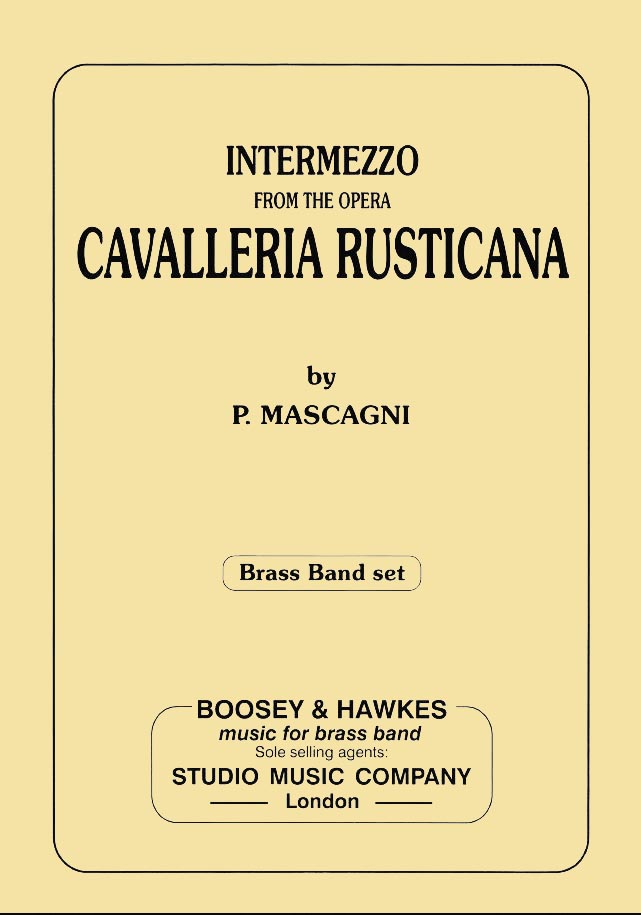 £24.95
£24.95Intermezzo (from Cavalleria Rusticana) (Brass Band Marchcard Set)
from the opera Cavalleria Rusticana.Please note: there is no score for this work, only a solo cornet conductor part.
Estimated dispatch 7-14 working days
-
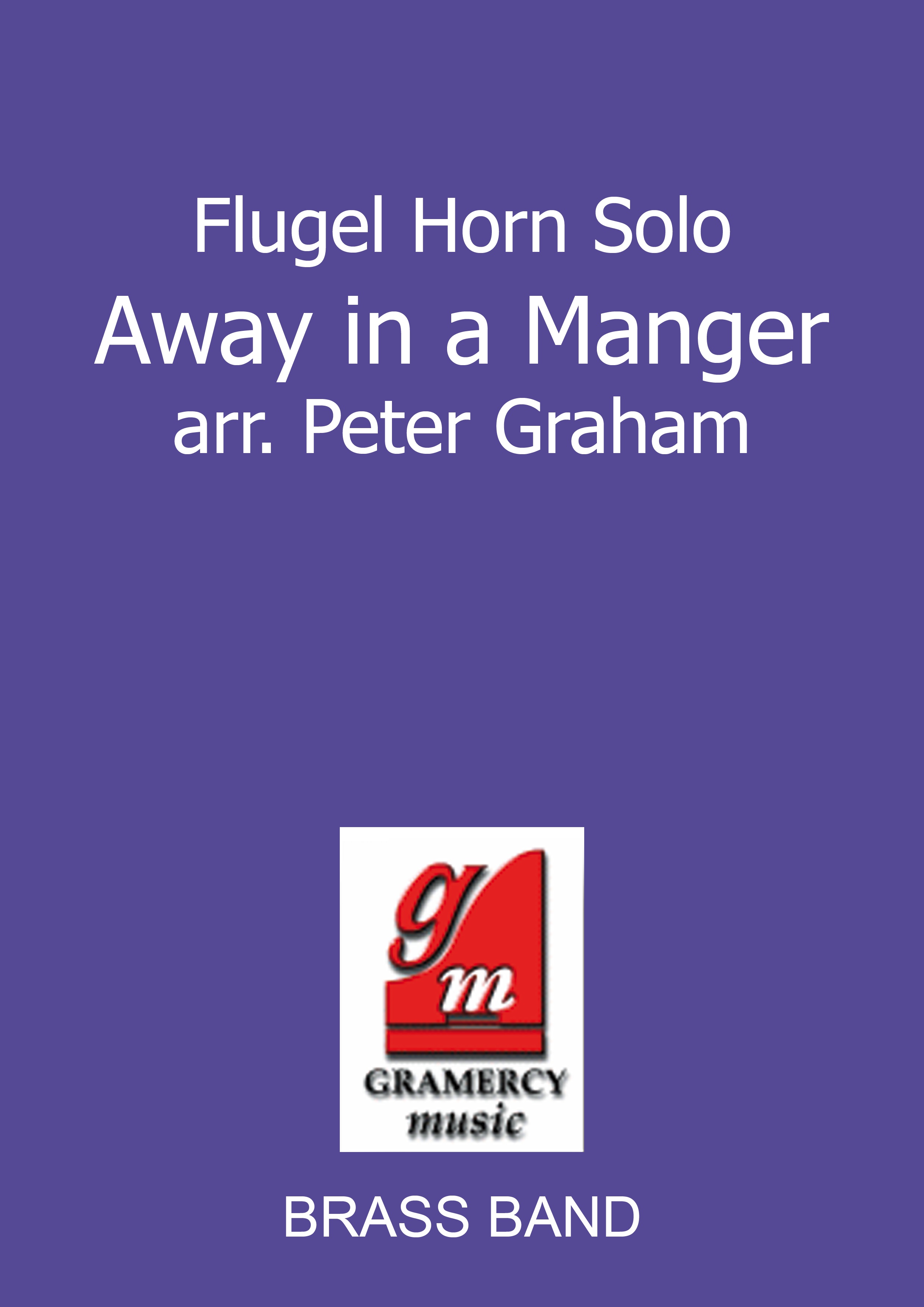 £34.95
£34.95Away in a Manger (Flugel Horn Solo with Brass Band)
The traditional carol in a beautiful yet simple setting for flugel horn (or Bb cornet) and band. (Also available with piano accompaniment).
Estimated dispatch 7-14 working days
-
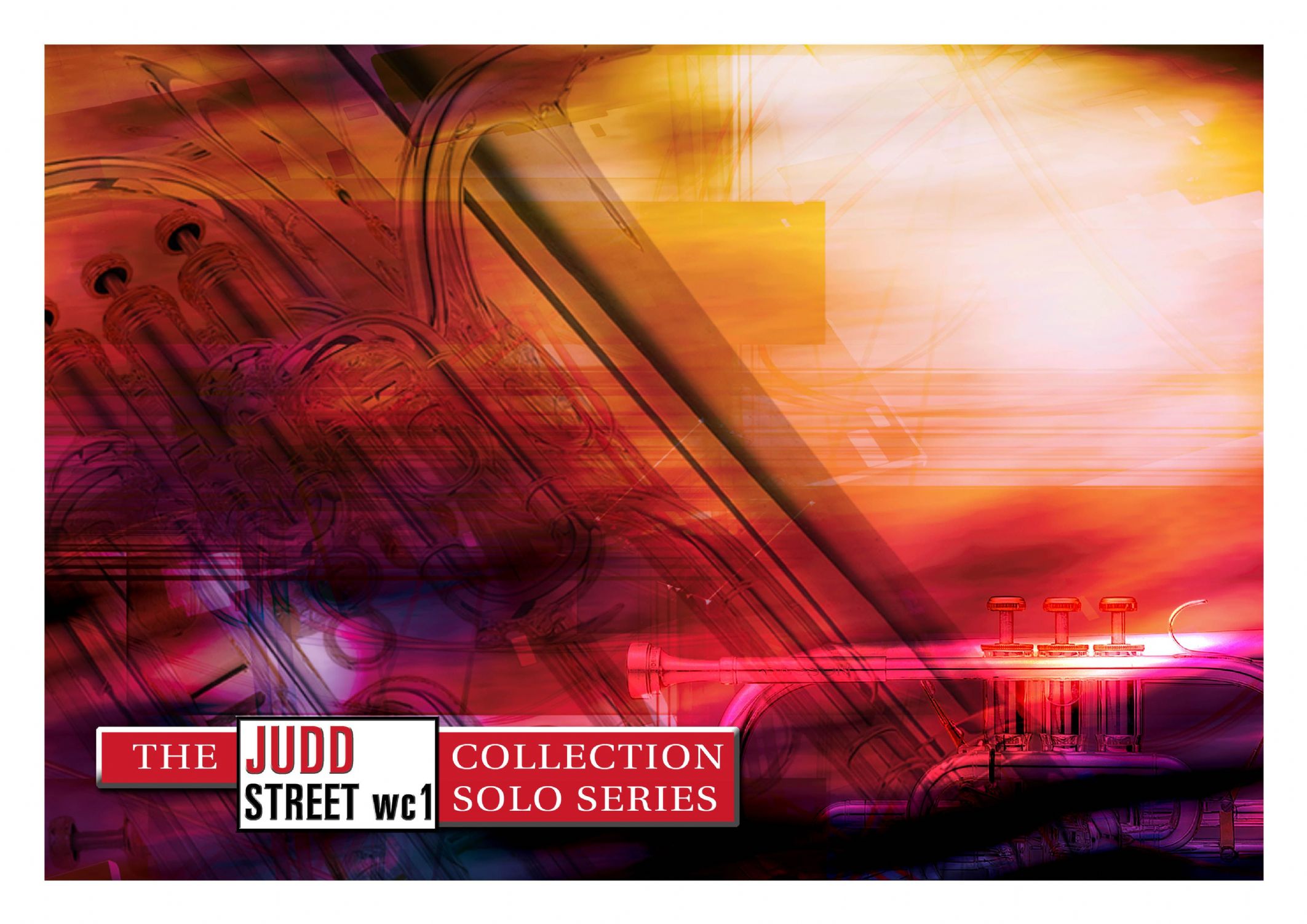 £34.95
£34.95Judd: Rhapsody for Cornet & Band
This is a lyrical solo based on the carol 'A Christmas Lullaby'.
Estimated dispatch 7-14 working days
